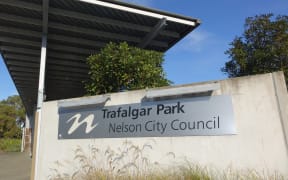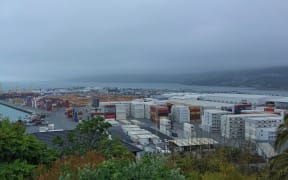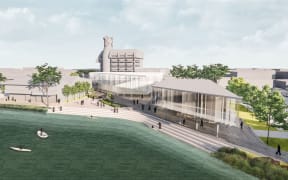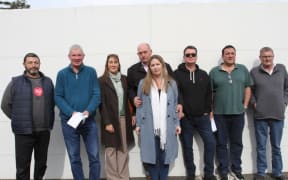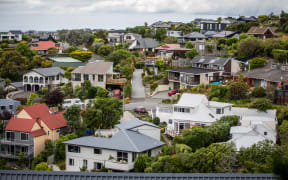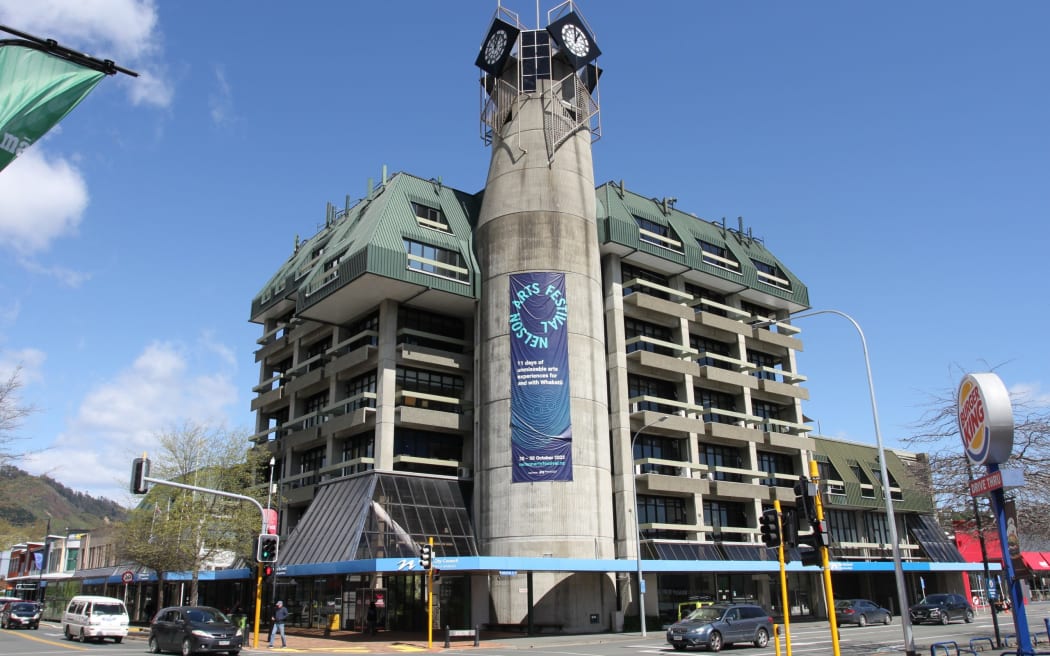
Nelson City Council is poised to ask residents for feedback on a proposed 7.2 percent rates increase. Photo: Max Frethey / Nelson Weekly / LDR
A 7.2 percent rates hike is on the cards, says Nelson City Council.
The increase is one of five significant changes to council's Long-Term Plan that will go out for public consultation on 29 March.
Other changes to the plan relate to storm recovery work, the future of the new library, upgrading city centre infrastructure, and the proposed housing development in the Kākā Valley.
Here is an overview of what council is proposing and why.

Rates
Like everyone else, councils around the country are grappling with rising interest rates and inflationary pressures which makes it difficult to keep rates increases low.
Add into the mix council's estimated repair bill for the August 2022 weather event of about $35 million (after estimated recovered costs from insurance and the government), a proposed rates increase of 7.2 percent will be greater than desired for many.
This increase is in line with the rate of inflation.
Council's Long-Term Plan, developed for the 2020/21 financial year, forecast the inflation rate to be 2.5 percent. This significant deviation from council's prediction is the main driver for the rates increase.
"Council is very aware that households and businesses are currently under huge financial stress," Nelson Mayor Nick Smith said.
"We are not big enough to counter the broader impacts of sharply rising costs. The best council can do is not make the problem worse."
The Annual Plan Taskforce, chaired by councillor Mel Courtney, had worked over the past three months to try and limit the rate increase, Smith said.
Savings have been found by not progressing with the new riverside library, and there have also been $4.1m in general operational savings.
Maintenance budgets are planned to be reduced. No specific services have been targeted, but residents may notice small decreases in the standard of services across the board.
Council also puts aside some money each year for depreciation, so when an asset needs replacement or repairs, there are already funds allocated to cover the cost.
Next financial year's depreciation costs are proposed to be phased over time rather than paid for in one go to ease the burden on ratepayers now.
However, this would result in more debt down the line when asset renewal cannot be completely funded.
Additionally, about 11 percent of council's income from rates in the past has come from the uniform annual general charge - the flat fee all ratepayers pay. Council is proposing this is reduced to 8.7 percent instead.
This measure will help to spread the impact of the increase more equitably by reducing the variation in the actual rates increase across individual properties, outside of other costs.
Last year's rates increases saw some significant changes in people's rates with some individuals seeing increases of 30 percent, and some businesses seeing increases as high as 50 percent.
Those changes were sparked by a recent land revaluation. Such a revaluation has not taken place this year and so there should be no drastic jumps of that scale.
Storm Recovery:
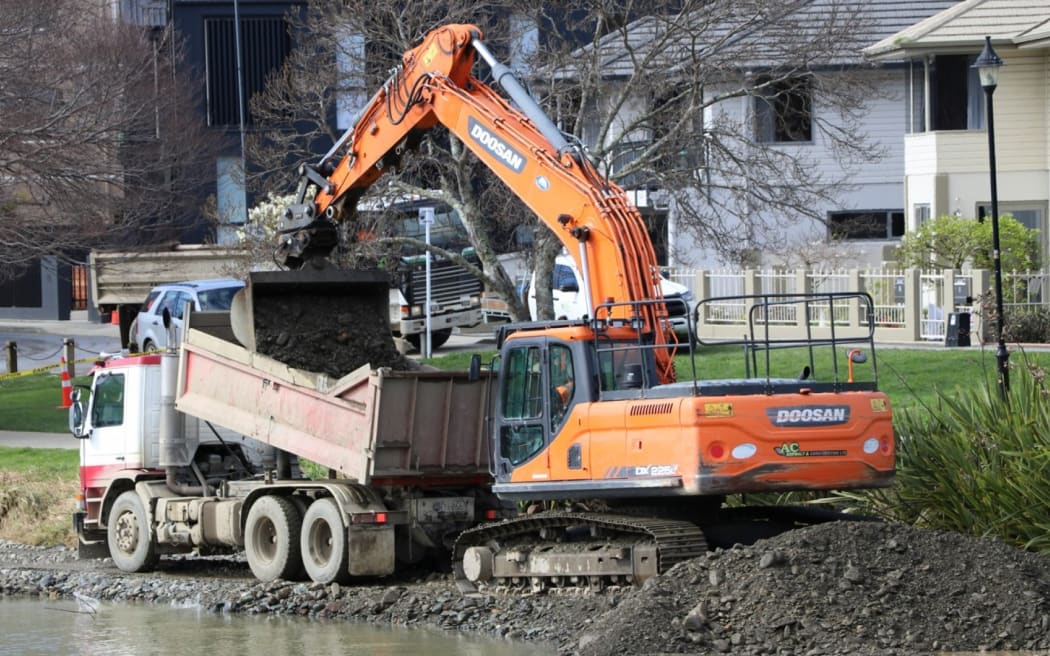
Council wants to bring forward $11.5 million for additional storm recovery works over the coming financial year. Photo: Supplied / Nelson City Council
Council is proposing to spend $11.5m on storm recovery works over the next financial year.
Total recovery work is planned to take six years, to be paid for over 10 years.
Council wants to ensure that the storm recovery work builds back better instead of just repairing so Nelson is better prepared for a similar event in the future. However, this would mean recovery will take longer due to the designing and consenting processes.
The choice to pay for the repairs over the course of a decade is intended to balance the need to spread the cost for ratepayers and to pay off the repairs before the next major storm event.
Long-term repayment periods of multiple decades are generally reserved for capital projects with an intergenerational benefit.
New Library:
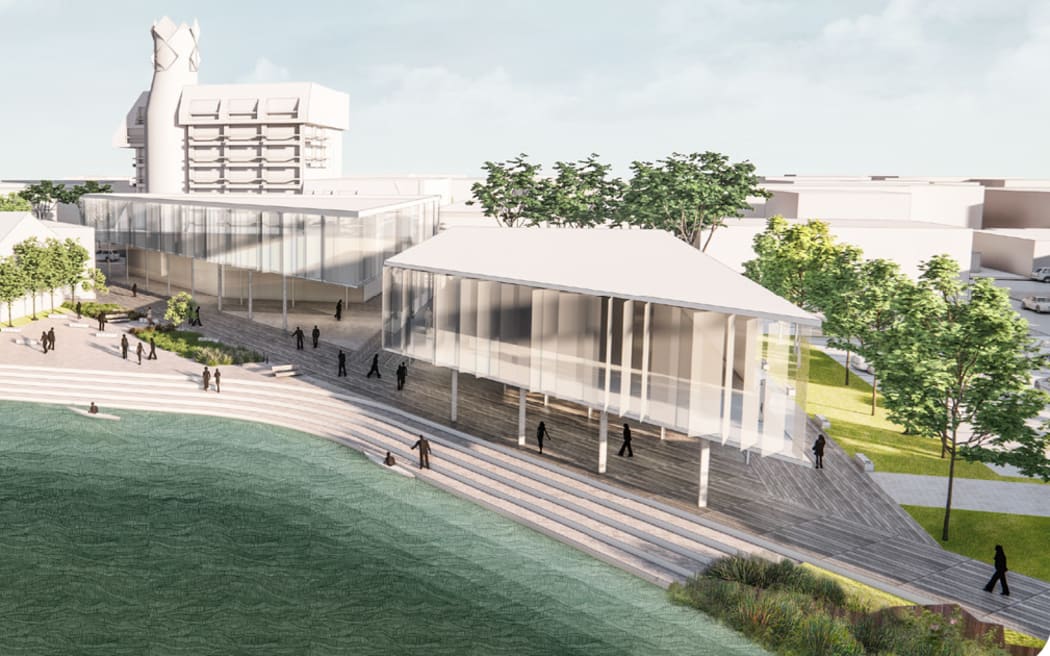
The plan for the new riverside library has been scrapped, but council is asking to use $200,000 to investigate alternative sites for a future new library that would hopefully be cheaper than the riverside plan. Photo: Supplied / Nelson City Council
Council has stopped the plan for a new library facility on Halifax Street, but Smith has previously said the Elma Turner Library would need to be replaced in the future.
Council had set aside $17.8m for the design and initial construction of the new library. Most of that money has now been reassigned to other areas, except for $200,000.
Those funds are proposed to be used to conduct further community engagement and investigate an alternative site for a new library in the city centre.
A new location in the central city would have less flood risk than the river-adjacent location and would likely result in a building cheaper than the initial $46m proposal.
Infrastructure Acceleration Fund
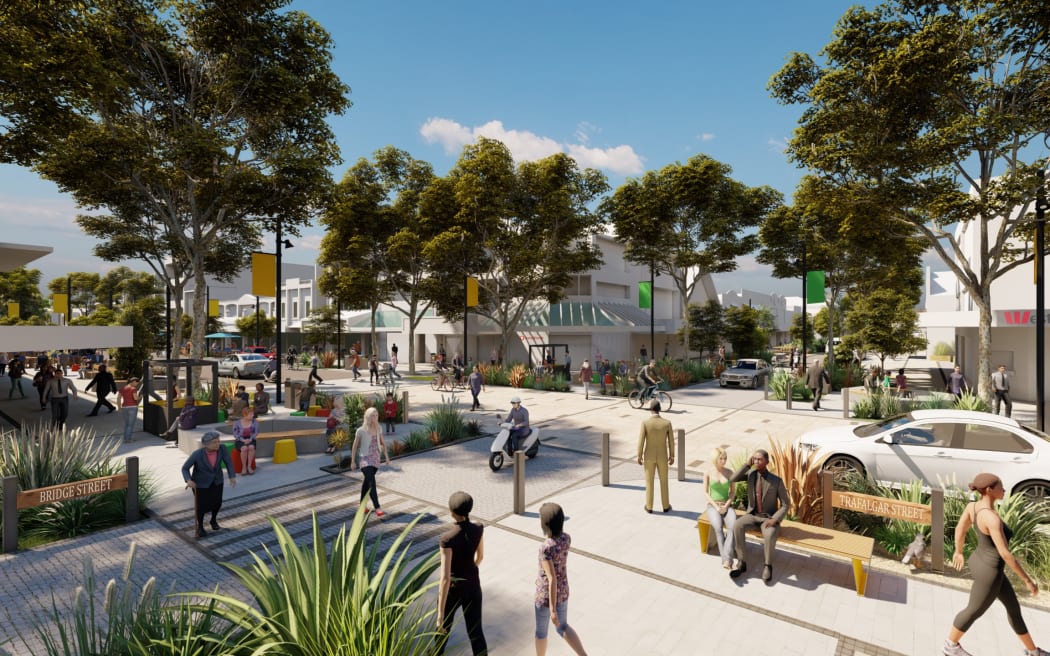
Council wants to turn Bridge Street into a linear park to increase the city's amenity value. Photo: Supplied / Nelson City Council
Nelson City Council was previously awarded $36m by the government to undertake several major infrastructure upgrades to enable 1000 new homes in the city centre.
Those upgrades include three water improvements, and a plan to turn Bridge Street into a linear park and active transport corridor for pedestrians, cyclists, and vehicles complete with a playground where the current bus depot is located.
It has proposed council brings forward $3m worth of funding so it can start the engagement and design work on these projects, otherwise council risks losing the government funding.
Council also expects $1.9m of that cost will be retroactively funded by central government.
Kākā Valley Housing Development
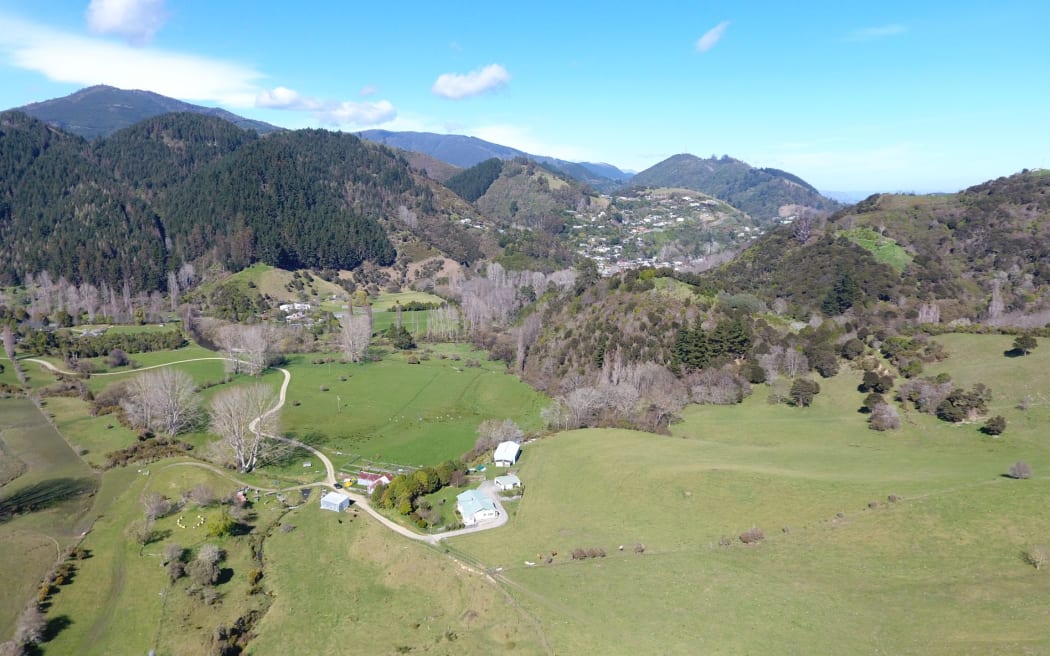
Council needs to put aside funds to expand utilities and infrastructure to cater for the proposed Kākā Valley housing development, pending the outcome of the plan's appeal at the Environment Court. Photo: Nelson Weekly / LDR
Finally, council proposes $606,000 is allocated to provide utility and transport connections to Kākā Valley for the planned housing development.
Though the private plan change that would allow the development to go ahead has been appealed and is now going through the Environment Court, council needs to have funds allocated in case the development is given the green light to go ahead.
Council will not spend any money on expanding infrastructure to Kākā Valley until the court case is decided.
The cost of this infrastructure will be split between council and the developer.
Providing Feedback
A month-long consultation period on these proposed changes to the Long Term Plan for the 2023/24 year is planned from 29 March to 30 April to give residents time to have their say.
Smith and other elected members will also be available to answer annual plan questions each Saturday during April at the Nelson Market.
Council is due to make a final decision on the Annual Plan and rate increase in June.
Local Democracy Reporting is Public Interest Journalism funded through NZ On Air
